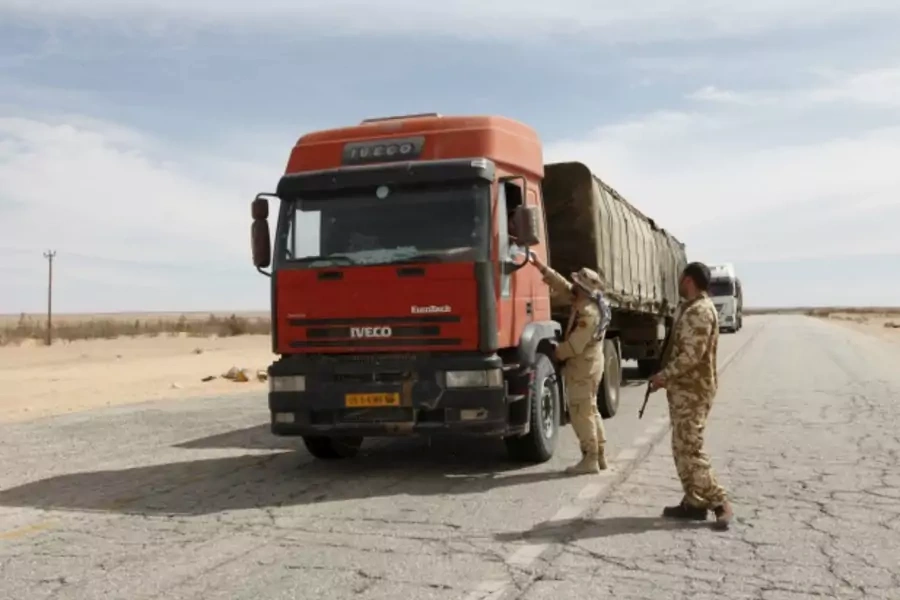More on:
Especially after Boko Haram “face” Abubakar Shekau’s March 2015, pledge of allegiance to the self-proclaimed Islamic State, there has been speculation that the two movements are drawing closer together. However, there has up to now been little evidence of tactical or strategic cooperation. That could be changing.
On April 21, the New York Times reported that U.S. Brig. Gen. Donald Bolduc, the commander of the United States Special Operations in Africa, claims a weapons convoy from the Islamic State in Libya had been moving toward the Lake Chad basin where Boko Haram has been active. The convoy was seized on April 7 near the Chadian border with Libya; the New York Times does not say what force was responsible for the seizure. Other U.S. military officials are cited as saying that “the convoy is one of the first concrete examples of a direct link between the two extremist groups.” They are also saying that the shipment consisted of small-caliber weapons, machine guns, and rifles. The New York Times also reports Nigerian Gen. Lamidi Oyebayo Adeosun, the Nigerian commander of the multinational force fighting Boko Haram around Lake Chad, as saying that his military is still trying to “to learn more about relations between Boko Haram and the Islamic State.”
If the convoy is the first episode of a new pattern of cooperation between Boko Haram and the Islamic State, it is unalloyed bad news. It raises the possibility of future attacks on U.S. facilities, possibly even outside West Africa. The New York Times also commented on a dilemma the Obama administration faces: Boko Haram and the Islamic State feed off the economic disparities and bad governance “brought on by authoritarian governments in which strongmen cling to power.” Yet, a U.S. effort against the Islamic State and Boko Haram in the Lake Chad basin would involve ever closer cooperation with the authoritarian, “big man” governments in Niger, Chad, and Cameroon.
More on:
 Online Store
Online Store
